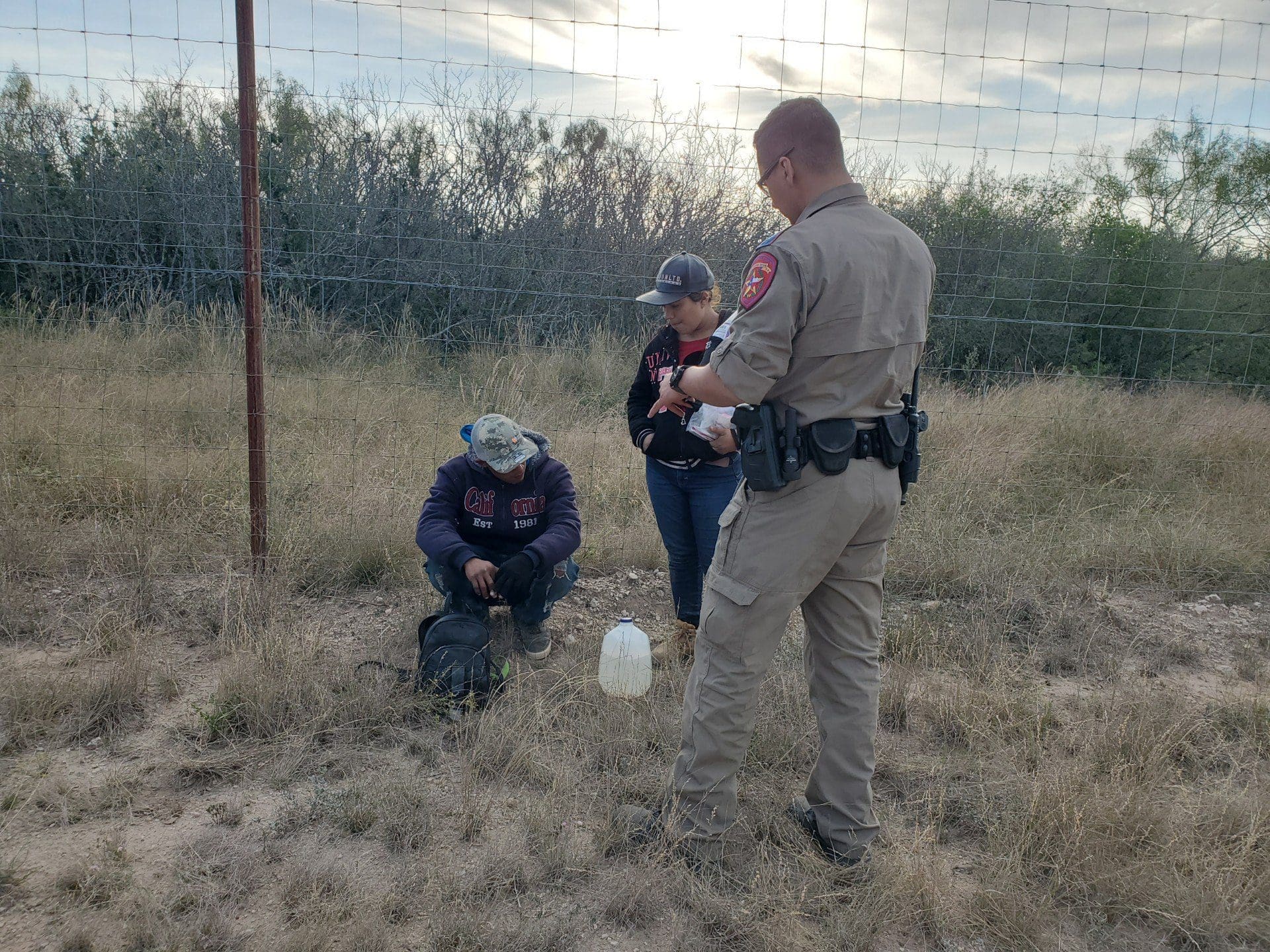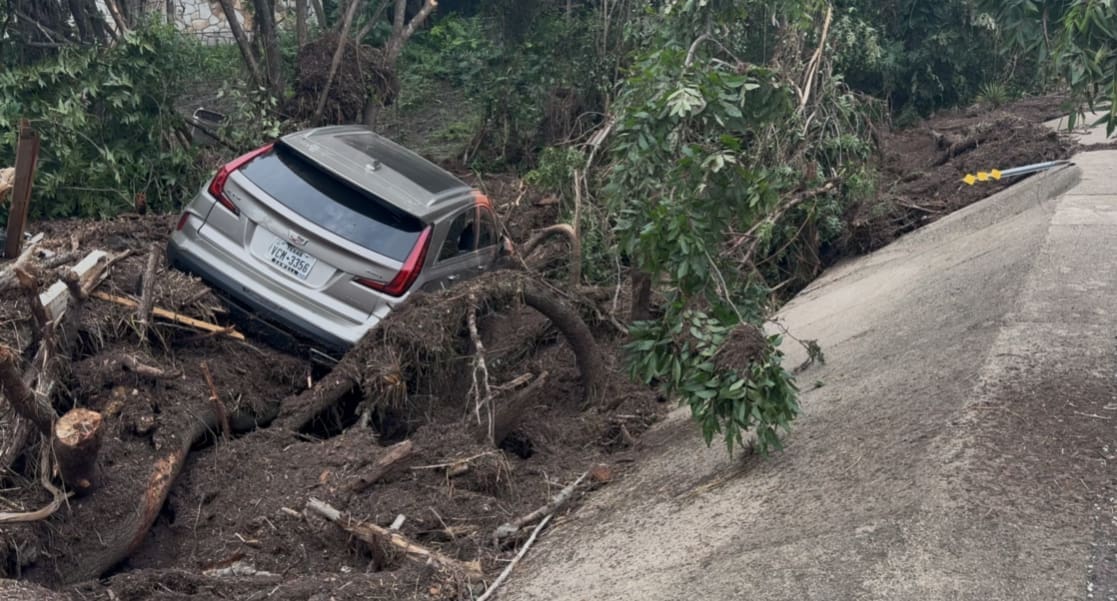As extreme low temperatures sweep Texas, the agency that oversees Texas’ electrical grid has implemented rolling power outages, due in part to decreased supply from wind turbines.
The Electric Reliability Council of Texas said on Sunday that half of the state’s wind turbines could not provide power, due to many of the turbines freezing over. Meanwhile, demand has spiked as Texans attempt to heat their homes and businesses.
The surge in demand and strain on the power supply has caused ERCOT to implement an Energy Emergency Alert to conserve power.
“ERCOT has issued an EEA Level 3 because electric demand is very high right now, and supplies can’t keep up. Reserves have dropped below 1,000 MW and are not expected to recover within 30 minutes; as a result, ERCOT has ordered transmission companies to reduce demand on the system,” said ERCOT.
“This is typically done through rotating outages, which are controlled, temporary interruptions of electric service. This type of demand reduction is only used as a last resort to preserve the reliability of the electric system as a whole.”
Though ERCOT has said that rolling blackouts should be limited to “10 to 45 minutes,” outages lasting much longer have been reported across the state.
Upon news of the wind-related outages, State Rep. Matt Schaefer (R–Tyler) took to Twitter to call wind energy “unreliable.”
Wind energy = unreliable energy #txlege https://t.co/mWIDve4yAc
— Matt Schaefer (@RepMattSchaefer) February 14, 2021
Texans aren’t just feeling the consequences of frozen turbines—they’re also subsidizing them.
Chapter 313 of the Texas Tax Code allows school districts to offer large tax breaks for 10 years to renewable energy and other businesses, including wind farms.
The tax breaks come at no loss to the school districts. Instead, the state supplements the lost revenue to the districts from sales taxes and other state-collected taxes.
The program has drawn criticism from both the right and left; both the Republican Party of Texas and the Democrat Party of Texas specifically call for the abolition of Chapter 313 abatements in their party platforms.
Despite the opposition from both parties, however, the Texas House overwhelmingly voted in 2019 to extend the program for another 10 years, from 2022 to 2032. The Texas Legislative Budget Board estimated the cost of extending the program would amount to $9.6 billion in “local school district revenue losses” between 2023 and 2049.
Though the bill was killed in the Senate, legislation to extend the program has once again been filed in both chambers.





